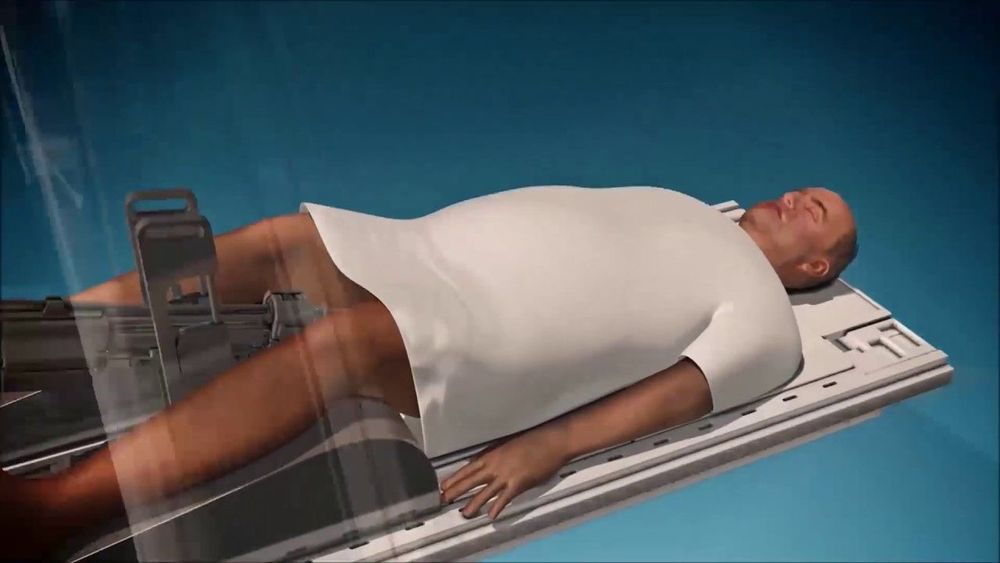Treating prostate cancer through traditional means such as surgery or radiotherapy carries certain risks, with some patients experiencing impotence, urinary problems and bowel trouble, among other unwanted side effects. Safer and less invasive treatment options could soon be on the table, however, including a novel MRI-guided ultrasound technique that eliminated significant cancers in 80 percent of subjects in a year-long study.
The new technique is called MRI-guided transurethral ultrasound ablation (TULSA) and has been under development for a number of years. The minimally invasive technology involves a rod that enters the prostate gland via the urethra and emits highly controlled sound waves in order to heat and destroy diseased tissue, while leaving healthy tissue unharmed.
These waves come from 10 heating elements built into the length of the rod to treat the entire prostate gland. An algorithm controls which of these elements emit the sound waves at any one time, along with their shape, direction and strength. All of this takes place within an MRI scanner, allowing doctors to keep a close eye on which tissues are being heated and by how much.
